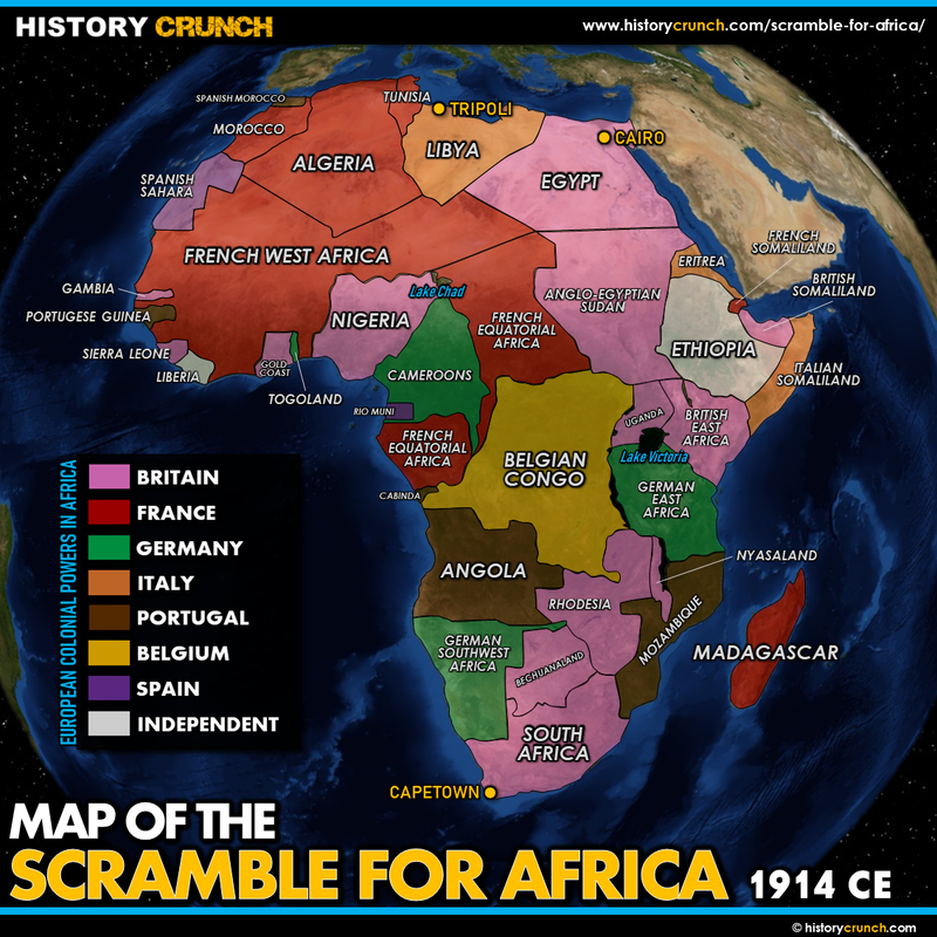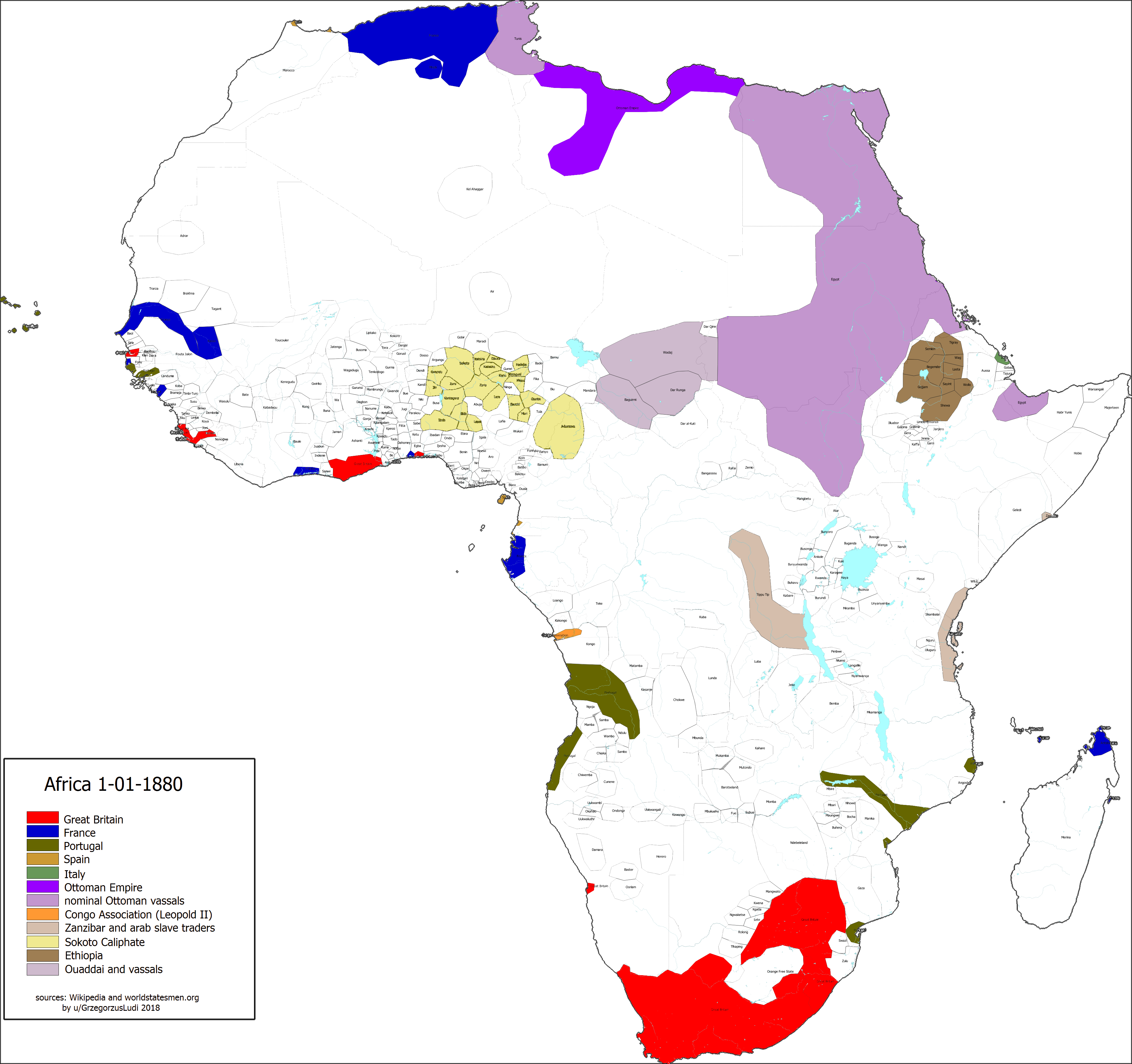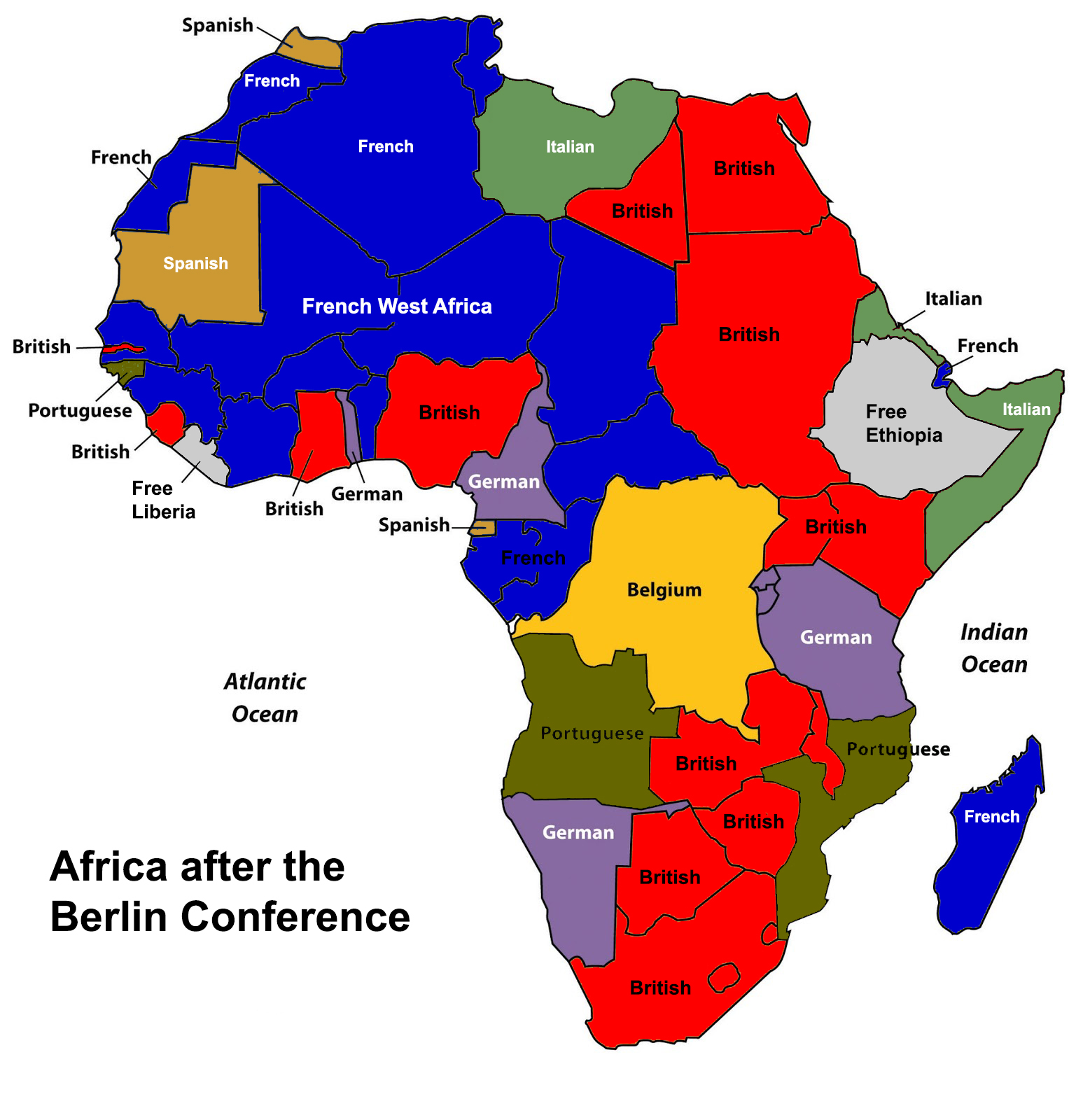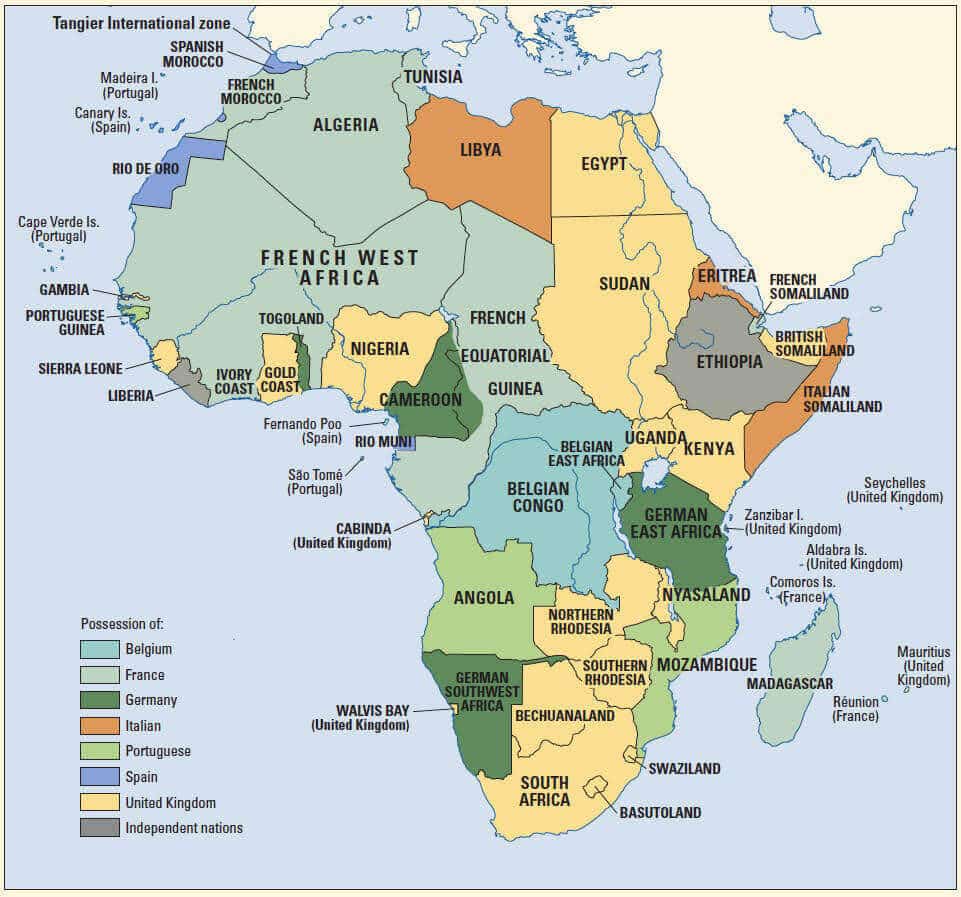The Scramble for Africa: A Continent Carved Up by European Greed
Associated Articles: The Scramble for Africa: A Continent Carved Up by European Greed
Introduction
With enthusiasm, let’s navigate by the intriguing subject associated to The Scramble for Africa: A Continent Carved Up by European Greed. Let’s weave attention-grabbing info and supply contemporary views to the readers.
Desk of Content material
The Scramble for Africa: A Continent Carved Up by European Greed

The late nineteenth and early Twentieth centuries witnessed a frenzied interval of European colonization often called the Scramble for Africa. This wasn’t a spontaneous eruption however a meticulously orchestrated course of pushed by a fancy interaction of financial, political, and ideological components. Over a mere three a long time, the continent, wealthy in sources and various cultures, was carved up and divided amongst European powers, leaving a legacy of political instability, financial underdevelopment, and social upheaval that continues to resonate as we speak.
The Seeds of Conquest: Financial and Technological Drivers
The first impetus for the Scramble was undoubtedly financial. The Industrial Revolution in Europe created an insatiable demand for uncooked supplies – rubber, diamonds, gold, copper, and different invaluable sources ample in Africa. European industries wanted these supplies to gasoline their factories and preserve their aggressive edge. Africa, with its huge untapped potential, turned a extremely fascinating goal. This financial drive was considerably amplified by technological developments. The event of steam-powered ships, the telegraph, and quinine (a drug efficient towards malaria) enormously facilitated European penetration into the African inside, beforehand hindered by illness and logistical challenges. Steam ships allowed for quicker and extra dependable transportation of products and folks, whereas the telegraph enabled near-instantaneous communication between European capitals and their colonial outposts in Africa. Quinine’s effectiveness in combating malaria drastically diminished European mortality charges, permitting for extra sustained and in depth exploration and exploitation of the continent.
The Berlin Convention: Formalizing the Division
The formalization of the Scramble occurred on the Berlin Convention of 1884-1885. Organized by Otto von Bismarck, the German Chancellor, the convention introduced collectively representatives from fourteen European nations, in addition to the USA and the Ottoman Empire (although African representatives had been notably absent). The convention established the "guidelines" of the sport, primarily sanctioning the partition of Africa amongst the European powers. The precept of "efficient occupation" was established, requiring European powers to reveal management over a territory by navy presence, administrative buildings, or financial exploitation to assert it as their very own. This precept, nonetheless, was typically utilized selectively and inconsistently, resulting in quite a few conflicts and border disputes within the following a long time. The convention additionally established the precept of "free commerce" on the Congo and Niger rivers, although this was largely ignored in apply as European powers sought to determine monopolies over commerce routes and sources inside their respective spheres of affect.
The Gamers and Their Motivations:
A number of European powers performed dominant roles within the Scramble. Nice Britain, with its huge empire and highly effective navy, emerged as the most important colonial energy in Africa, controlling territories like Egypt, South Africa, and Nigeria. France, pushed by its personal imperial ambitions and a need to encircle its rivals, acquired huge swathes of territory in West and North Africa, together with Senegal, Algeria, and Morocco. Germany, a latecomer to the colonial recreation, sought to determine its personal empire as a logo of its rising energy and affect, buying territories in East and Southwest Africa. Portugal, a historic colonial energy, clung to its current possessions in Angola and Mozambique, whereas Belgium, below King Leopold II’s ruthless rule, established the Congo Free State, a private fiefdom characterised by brutal exploitation and widespread atrocities. Italy, Spain, and different European powers additionally carved out smaller territories for themselves, additional fragmenting the African panorama.
Past Economics: Ideology and the Justification of Conquest
The Scramble was not solely pushed by financial greed. Ideological components performed a big position in justifying European enlargement. The idea of "civilizing mission" – the assumption that Europeans had an ethical obligation to convey Christianity, training, and Western civilization to "backward" African societies – offered a veneer of legitimacy to colonial conquest. This paternalistic ideology, nonetheless, served as a handy justification for exploitation and oppression. Social Darwinism, a controversial concept that posited the "survival of the fittest" amongst nations, was additionally used to rationalize European dominance over African peoples. This ideology introduced European enlargement as a pure and inevitable course of, reinforcing the concept of European superiority and African inferiority.
The Influence of the Scramble: A Legacy of Battle and Underdevelopment
The legacy of the Scramble for Africa is profound and far-reaching. The arbitrary division of the continent, ignoring current ethnic and linguistic boundaries, created synthetic states characterised by inner battle and instability. The imposition of European administrative programs and authorized frameworks typically undermined conventional types of governance and social group, resulting in widespread social disruption. The extraction of sources with out funding in native infrastructure or improvement resulted in financial dependency and underdevelopment. European colonial rule additionally led to the suppression of African cultures and languages, inflicting lasting harm to cultural heritage.
Resistance and Revolt:
Regardless of the overwhelming energy of European colonial forces, African resistance to colonial rule was widespread and protracted. Quite a few uprisings and rebellions erupted all through the continent, starting from localized resistance actions to large-scale wars of independence. These struggles, although typically brutally suppressed, demonstrated the dedication of African peoples to withstand international domination and protect their cultural identification. The Maji Maji Revolt in German East Africa, the Herero and Namaqua genocide in German South West Africa, and the Anglo-Zulu Struggle are only a few examples of the fierce resistance encountered by European colonizers.
Decolonization and its Aftermath:
The mid-Twentieth century witnessed the gradual dismantling of European colonial empires in Africa. The Second World Struggle considerably weakened European powers, creating alternatives for nationalist actions to realize momentum and problem colonial rule. The method of decolonization, nonetheless, was not all the time peaceable or easy, typically leading to protracted conflicts and political instability. Many newly unbiased African states confronted challenges resembling ethnic tensions, political corruption, and financial underdevelopment, legacies of the colonial period that proceed to form the continent’s trajectory as we speak.
Conclusion:
The Scramble for Africa was a watershed second in world historical past, a interval of intense exploitation and profound penalties. The legacy of this period continues to form the political, financial, and social panorama of Africa. Understanding the Scramble is essential not just for understanding the historical past of the continent but additionally for addressing the continued challenges that it faces. The arbitrary drawing of borders, the extraction of sources with out equitable improvement, and the suppression of African cultures and languages all contributed to the complicated issues that Africa grapples with as we speak. Recognizing this historic context is important for fostering a extra simply and equitable future for the continent.








Closure
Thus, we hope this text has offered invaluable insights into The Scramble for Africa: A Continent Carved Up by European Greed. We admire your consideration to our article. See you in our subsequent article!